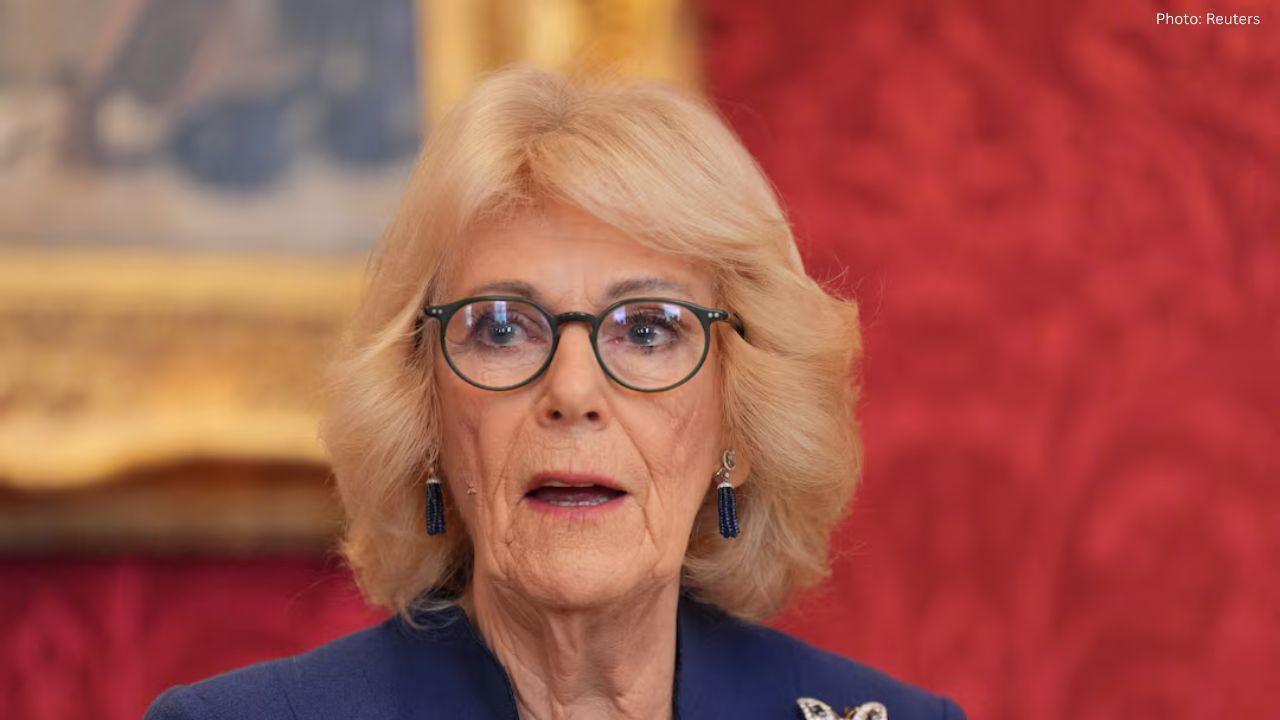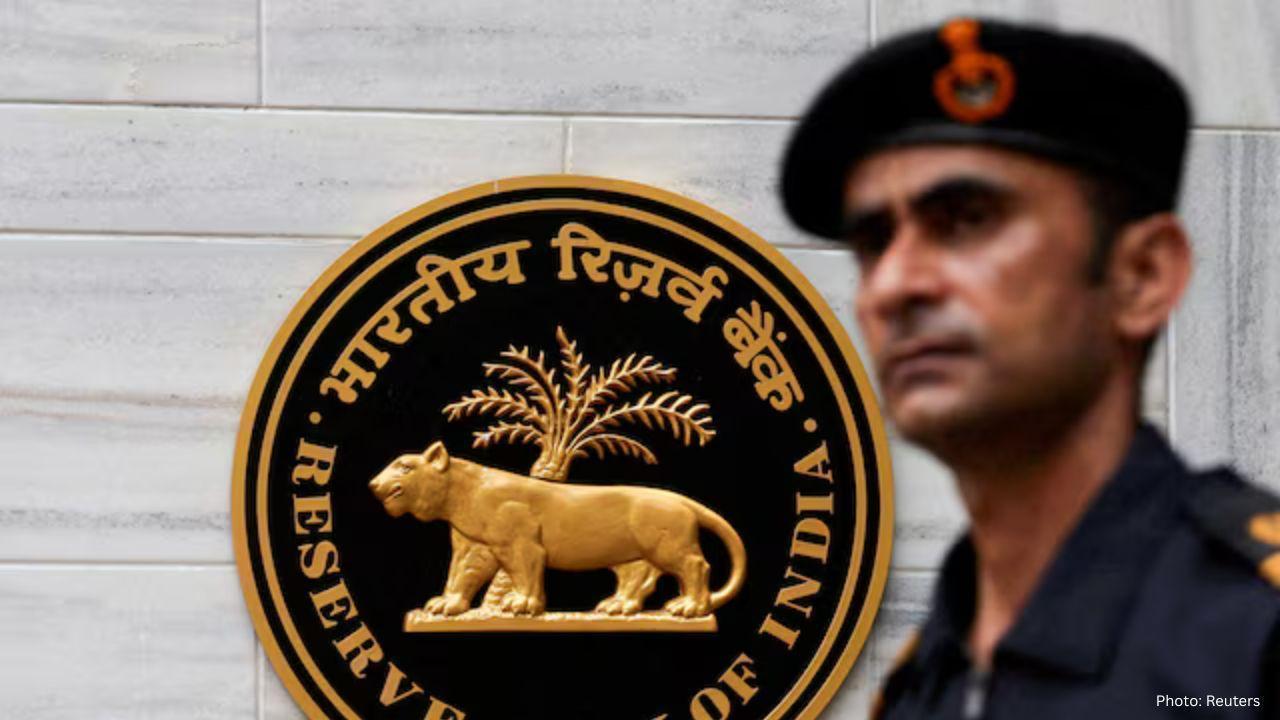You have not yet added any article to your bookmarks!

Join 10k+ people to get notified about new posts, news and tips.
Do not worry we don't spam!

Post by : Anis Farhan
Over the past decade, cryptocurrencies have shifted from a niche interest to a global financial phenomenon. For young people between the ages of 15 and 30, digital currencies like Bitcoin, Ethereum, and countless others represent both excitement and confusion. They are seen as modern-day gold, a ticket to wealth, or even a tool for financial independence outside traditional banking. But at the same time, cryptocurrencies are volatile, risky, and still misunderstood by many.
This guide aims to break down the world of cryptocurrencies in a way that is accessible and practical for young investors. Understanding how they work, their advantages, and the potential pitfalls can help youth make smarter decisions in an era where financial literacy is more crucial than ever.
A cryptocurrency is a form of digital money that exists purely online. Unlike traditional currencies such as the dollar or rupee, cryptocurrencies are decentralized, meaning they are not controlled by any government or central bank. Instead, they rely on blockchain technology—a secure, distributed ledger that records transactions transparently.
Bitcoin, created in 2009 by an unknown figure known as Satoshi Nakamoto, was the first cryptocurrency. Since then, thousands of others have emerged, each with unique features, communities, and purposes. Some are designed for quick transactions, while others focus on enabling applications like smart contracts or decentralized finance (DeFi).
Cryptocurrencies appeal to younger generations for several reasons:
Financial Independence: They allow people to trade, save, or invest without relying on banks.
High Growth Potential: Stories of early investors turning small amounts into fortunes inspire hope.
Technological Fascination: Many youths are drawn to the innovation behind blockchain and digital assets.
Global Access: Crypto can be traded anywhere, giving it a borderless appeal.
For young investors, crypto represents a blend of money, technology, and freedom. But with that appeal comes risk.
At the heart of cryptocurrencies is the blockchain—a digital ledger where transactions are recorded. Each transaction is verified by a network of computers rather than a central authority. Once verified, it is added to a “block” and linked to the chain of previous blocks, making it nearly impossible to alter.
Users store cryptocurrencies in digital wallets, which can be software-based (apps) or hardware devices. Wallets come with private keys—unique codes that act like digital signatures. If someone gets access to your private key, they effectively own your crypto.
Buying crypto usually involves using exchanges—platforms that allow people to trade traditional money for digital assets.
For young investors, the opportunities are enticing:
High Returns: Cryptocurrencies have historically experienced rapid price increases, offering large profits for those who buy at the right time.
Decentralized Finance (DeFi): New financial tools like lending, borrowing, and earning interest without traditional banks.
NFTs and Digital Ownership: Young artists and creators are using blockchain to sell digital art and products.
Global Entrepreneurship: Crypto allows people to participate in global markets without barriers.
These opportunities make crypto exciting, but they are not guaranteed. For every success story, there are also tales of loss.
The world of crypto is full of uncertainty. Some key risks include:
Volatility: Prices can swing dramatically within hours, leading to huge losses.
Scams and Fraud: Fake exchanges, pyramid schemes, and hacking are common.
Regulation Uncertainty: Governments around the world are still deciding how to handle cryptocurrencies, which creates instability.
Security Concerns: Losing a private key or falling victim to a hack means losing access to funds permanently.
For young investors with limited savings, these risks can be devastating if they invest without preparation.
Cryptocurrencies are not the same as traditional investments like stocks, bonds, or mutual funds. While traditional assets are tied to real businesses or governments, cryptocurrencies are often driven by market hype, community interest, and speculation.
Stocks generally have more stability because they are backed by tangible companies with products and profits. Cryptocurrencies, on the other hand, derive value from trust, demand, and scarcity. This makes them riskier but also capable of extreme growth.
For a young investor, balancing both traditional investments and cryptocurrencies may be a smarter approach than going all-in on one.
For those considering investing in cryptocurrencies, here are some practical steps:
Start Small: Never invest money you cannot afford to lose.
Do Research: Understand the project, its team, and its purpose before buying.
Diversify: Don’t put all your money in one coin. Spread across different assets.
Use Reputable Platforms: Only buy through secure, well-known exchanges.
Secure Your Wallet: Protect private keys and use two-factor authentication.
Think Long-Term: Avoid panic buying and selling based on short-term price changes.
Building financial literacy is as important as choosing the right coins.
The future of cryptocurrency is still unfolding. Some experts believe it will reshape finance, while others warn of bubbles and crashes. Governments are exploring central bank digital currencies (CBDCs), while blockchain continues to expand into areas like healthcare, supply chains, and real estate.
For young investors, the real advantage lies not just in financial gains but in understanding this evolving technology. Being informed today can prepare youth for future opportunities in careers, entrepreneurship, and innovation.
Cryptocurrencies are exciting, confusing, and sometimes overwhelming. For young people, they represent both a chance to be part of a financial revolution and a risk of losing hard-earned savings. The key is balance: embracing curiosity while practicing caution.
By learning the basics, understanding risks, and making smart, informed decisions, young investors can navigate the crypto space more confidently. While no one can predict the future of cryptocurrencies with certainty, one thing is clear—they are here to stay, and those who understand them today may be better prepared for tomorrow.
This article is for educational purposes only and should not be taken as financial advice. Cryptocurrency investments carry risk, and readers are encouraged to seek professional financial guidance before making investment decisions.










Ranveer Singh’s Dhurandhar Hits ₹1000 Cr Despite Gulf Ban Loss
Dhurandhar crosses ₹1000 crore globally but loses $10M as Gulf nations ban the film. Fans in holiday

China Claims India-Pakistan Peace Role Amid India’s Firm Denial
China claims to have mediated peace between India and Pakistan, but India rejects third-party involv

Mel Gibson and Rosalind Ross Split After Nearly a Decade Together
Mel Gibson and Rosalind Ross confirm split after nearly a year. They will continue co-parenting thei

Rashmika Mandanna, Vijay Deverakonda Set to Marry on Feb 26
Rashmika Mandanna and Vijay Deverakonda are reportedly set to marry on February 26, 2026, in a priva

FIFA Stands by 2026 World Cup Ticket Prices Despite Fan Criticism
FIFA defends the high ticket prices for the 2026 World Cup, introducing a $60 tier to make matches m

Trump Claims He Ended India-Pakistan War, Faces Strong Denial
Donald Trump says he brokered the ceasefire between India and Pakistan and resolved eight wars, but